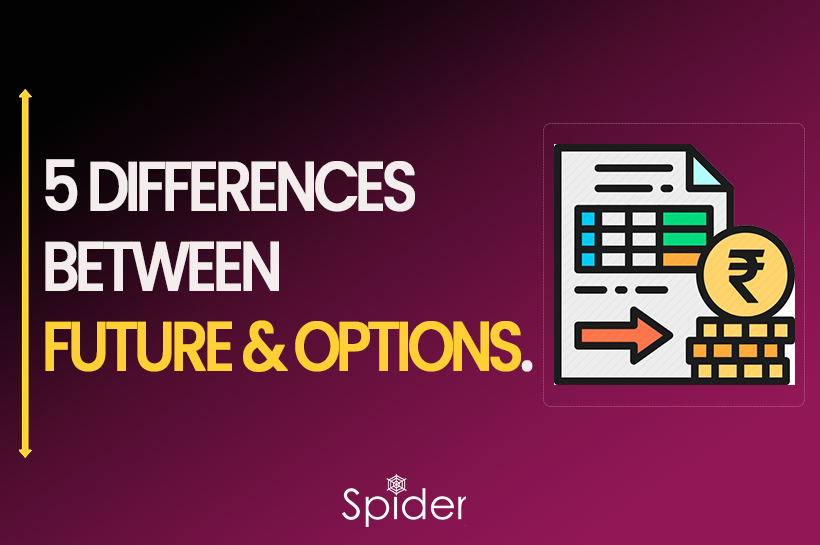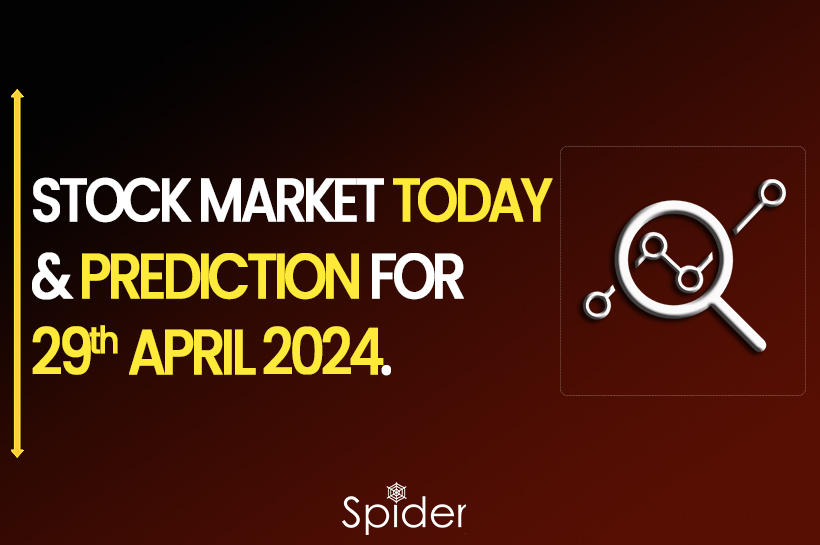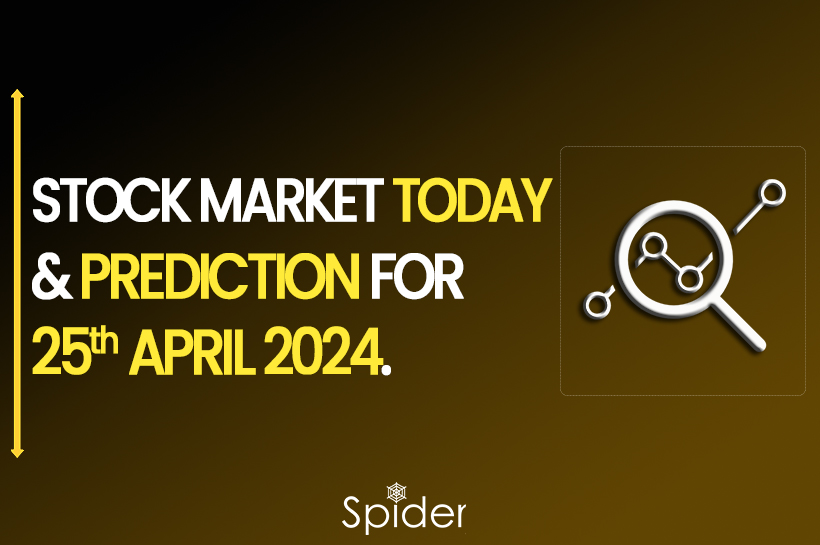Knowing the differences between Future and Options trading helps traders make better decisions with less confusion.
What is Future Trading?
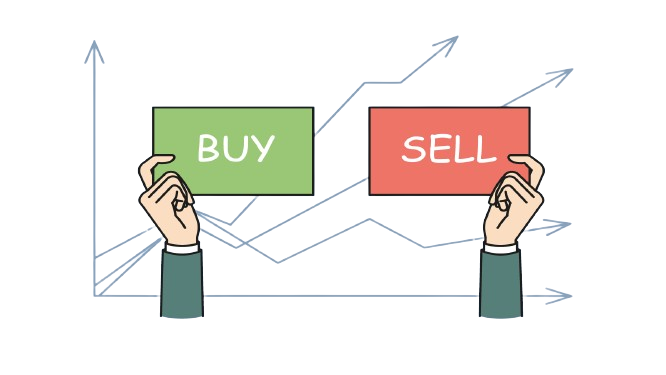
Future trading refers to where traders buy or sell an asset at future data on the agreed price. The future contract allows players to pay specific prices. It is a form of legal consent. Commodities that you can buy are coffee, stock indexes like S&P, etc. To start with Future trading you first have to connect with a broker registered with SEBI.
For example- If Airlines expect fuel prices to increase, it can lock in lower prices for buying futures contracts for fuel in the delivery of the future.
What is Options Trading?
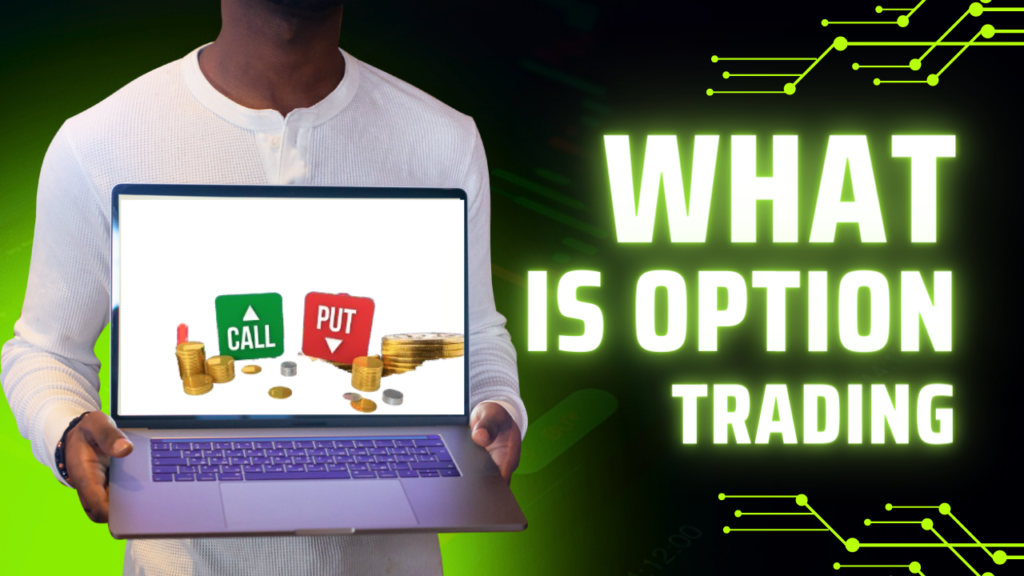
Options trading refers to where traders buy and sell assets before their expiration date. It does not have any legal consent. Traders do not buy for future perspective. It consists of the expiration date for a predetermined price.
There are two types of options: 1) Put option 2) Call option
Call option refers to where buyers can buy assets before expiration.
Put option refers to where buyers can sell assets before expiration.
For example- You get a coupon to buy/sell something. You have to pay a premium for those particular coupons that have expiration dates. If you don’t use that coupon then it becomes worthless. But if you use that coupon it will generate profit for you if the price moves according to you.
Difference between Future and Options that every trader should know:
| Future Trading | Options Trading |
| Future Trading has more risk as we are not aware of the future. | Option Trading might still bring you less profit & loss. |
| There is an obligation process in future trading. Buyer is required to buy the assets according to date. | It has limited risk. |
| There is an obligation process in future trading. The buyer is required to buy the assets according to date. | There is no obligation or contract process. |
| There is no premium fee while entering into future trading. | There is no obligation or contract process. |
| Future contracts can be implemented only on predetermined dates. | The buyer of option may buys the stock anytime before its expiration date. |
These 5 are the important points that can help traders choose which trading between future & options should preferred.
Future or options which one is suitable:
Future trading is based on your assumptions. Traders trade according to their understanding and assumptions. If you want a simple way to follow the price movements of an asset without dealing with complex strategies, go for future trading. Options trading has limited risk. In option trading you can invest less and can earn more profits.
If you are comfortable taking more risk futures trading could be a good choice. But if you like having more options, want to limit your risk, and enjoy trying out different strategies, options trading might suit you better. Make sure to think about what you want to achieve and learn about both options before making a decision.
Conclusion:
Both trading strategies play a vital role in the stock market. Future & Options both have advantages and disadvantages. The future has more drawbacks and disadvantages than options. Whereas, options are costlier as it has to be done by paying the premium. Depending on the situation, traders can choose the suitable option of trading.
Click here to learn about the Top 5 Powerful Candlestick Patterns to know in Stock Market 2024
Join our upcoming FREE WEBINAR on “How to Identify Reversal in Harmonic Pattern”
If you’d like to know how we analyze the market and provide accurate levels every day. then click on the Free Demo button below and change your trading life for good. 5X returns are possible in options trading If you have Spider Software in your trading system.
Disclaimer: The information provided in this Blog is for educational purposes only and should not be construed as financial advice. Trading in the stock market involves a significant level of risk and can result in both profits and losses. Spider Software & Team does not guarantee any specific outcome or profit from the use of the information provided in this Blog. It is the sole responsibility of the viewer to evaluate their own financial situation and to make their own decisions regarding any investments or trading strategies based on their individual financial goals, risk tolerance, and investment objectives. Spider Software & Team shall not be liable for any loss or damage, including without limitation any indirect, special, incidental or consequential loss or damage, arising from or in connection with the use of this blog or any information contained herein.

